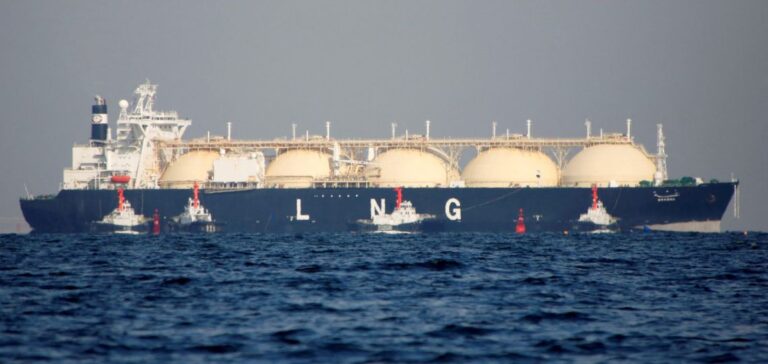Taiwan, which relies almost entirely on imports for its energy supply, may increase its purchases of liquefied natural gas (LNG) from the United States. This announcement follows former President Donald Trump’s threats to impose tariffs on Taiwanese semiconductors, a key sector of the island’s economy.
Strategic imports in transition
Currently, Taiwan sources most of its LNG from Australia (38%), Qatar (25%), and the United States (approximately 10%), according to public data. Diversifying its supply sources is a strategic priority for CPC Corporation, which seeks to secure its energy access while reducing dependence on high-risk trade routes.
In a statement, Taiwan’s Ministry of Economic Affairs specified that CPC Corporation was “very interested” in natural gas from Alaska, emphasizing shorter transport times and the diversification of maritime routes as key factors.
A commercial rapprochement with the United States?
This shift comes as Donald Trump has intensified his criticism of Taiwanese semiconductor imports, even threatening to impose a 100% tax on these products. In this context, increasing American LNG purchases could be seen as a diplomatic tool to maintain balanced economic relations between the two partners.
Taiwan’s Minister of Economic Affairs, Kuo Jyh-huei, announced that a government representative would travel to the United States to discuss the situation with Donald Trump’s entourage. This initiative could help ease tensions and negotiate more favorable trade conditions for Taiwanese exports.
An evolving energy market
If this strategy materializes, it could redefine the landscape of energy trade in Asia. Increased imports from the United States would provide Taiwan with greater flexibility in its energy supply while strengthening the position of American producers in the Asian LNG market.
At the same time, this shift could impact Taiwan’s trade relations with its historical suppliers, particularly Australia and Qatar, who may need to adapt to this potential redistribution of market shares.





















